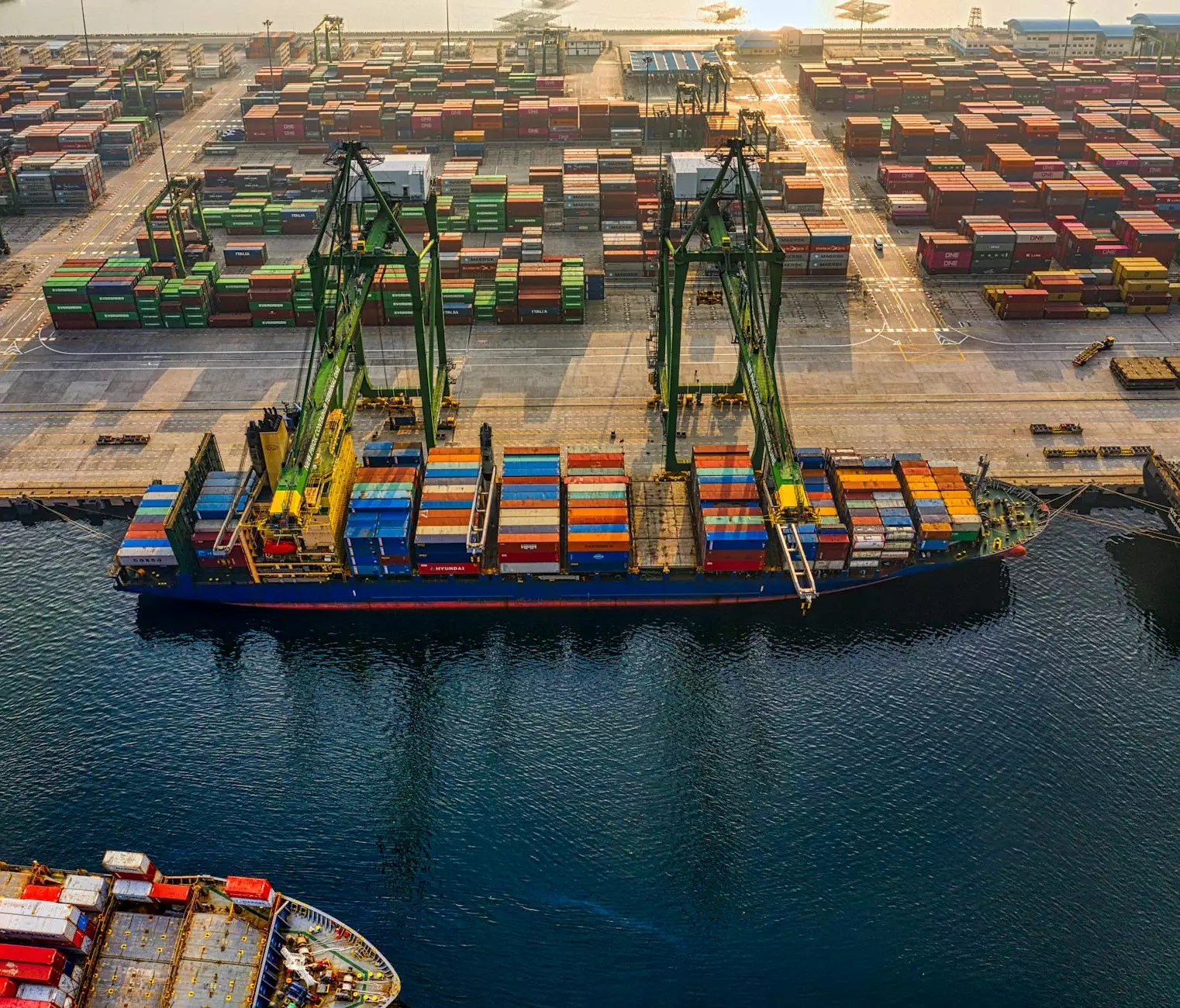Air Cargo Prices Per Kilo in the Transportation Industry

Introduction to Air Cargo Pricing
Air cargo prices per kilo play a crucial role in the logistics and transportation industry. Understanding how these prices are determined can greatly benefit businesses operating in shipping centers, airports, and related sectors.
Factors Influencing Air Cargo Prices
There are several factors that impact air cargo prices per kilo, including fuel costs, demand-supply dynamics, freight volumes, distance, handling fees, and surcharges.
Calculating Air Cargo Rates
To calculate air cargo rates, a combination of factors such as weight, dimensions, type of cargo, route, and additional services are taken into account. Shipping centers and airports use sophisticated algorithms to determine accurate pricing.
Importance of Accurate Pricing for Businesses
Accurate pricing is essential for businesses to optimize their logistics operations and maintain cost-efficiency. Understanding the nuances of air cargo prices per kilo can help companies make informed decisions.
Considerations for Shipping Centers and Airports
Shipping centers and airports need to stay updated on market trends, regulatory changes, and technological advancements to streamline their operations and offer competitive pricing to their customers.
Future Trends in Air Cargo Pricing
The transportation industry is witnessing advancements in technology and sustainability practices, which are likely to impact air cargo prices in the future. Adapting to these trends will be crucial for businesses to stay relevant.
Conclusion
In conclusion, air cargo prices per kilo are a vital aspect of the transportation industry, with significant implications for businesses in shipping centers, airports, and beyond. Staying informed and adaptable is key to navigating the dynamic landscape of air cargo pricing.









